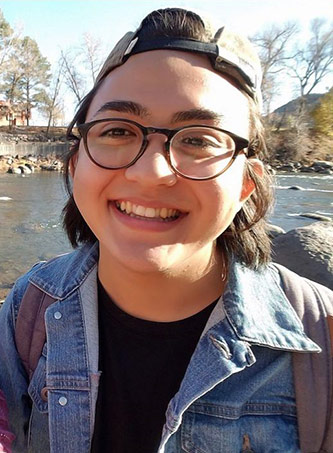On Critical Thinking

Francesco Yugiro Asano
Francesco Asano on Critical Thinking
Critical thinking and education allows us to understand the world in a way that conventional education does not. It allows us to see the society and its conditions as it truly is, rather than how it is represented and curated in dominant historical narratives and ideologies. It forces us to answer the question of whether or not we agree with the workings of a society and, more importantly, what role we want play in it. This question of role is something I think every college student has spent a great deal reflecting upon, since this is a time in our lives in which we're really trying to figure out what industry we want to dedicate our labor toward, to put it bluntly. But I think this time should also be spent meditating on what impact we want to have on our society and what direction we want to push it toward or steer it away from. And a sophisticated answer to that can be reached only through a critical and sober assessment at where this world is heading. Otherwise we might find ourselves on the wrong side of history. Howard Zinn put it best, "You can't be neutral on a moving train."
It also comes down to this: People in power relentlessly seek to reproduce worldviews that maintain and strengthen their grip in society. It's reproduced in the news, social media, films, literature, schools, and virtually every cultural outlet imaginable. Without a critical consciousness, we're more vulnerable to indiscriminately accept these ideologies, even if they work against our well-being, which they often do. A basic tenet of sociology is that no individual is an island or immune to social forces—you're getting your worldviews, ambitions, and politics from somewhere—and without a critical mindset, it'll be difficult to distinguish truth from falsehoods, a capacity which is becoming increasingly important in the post-truth and anti-intellectual world we are heading toward.
Back to Critical Thinking — November 2018





